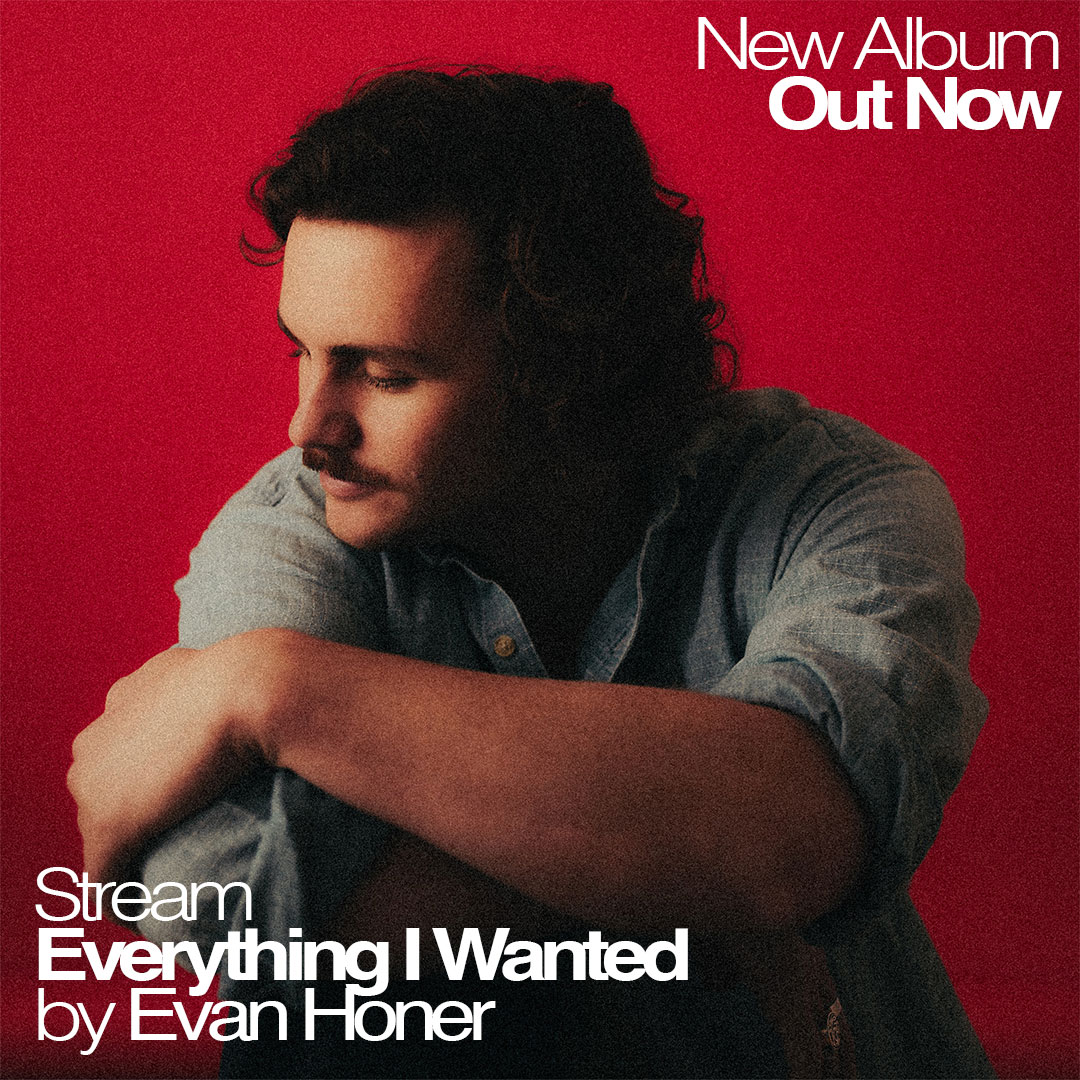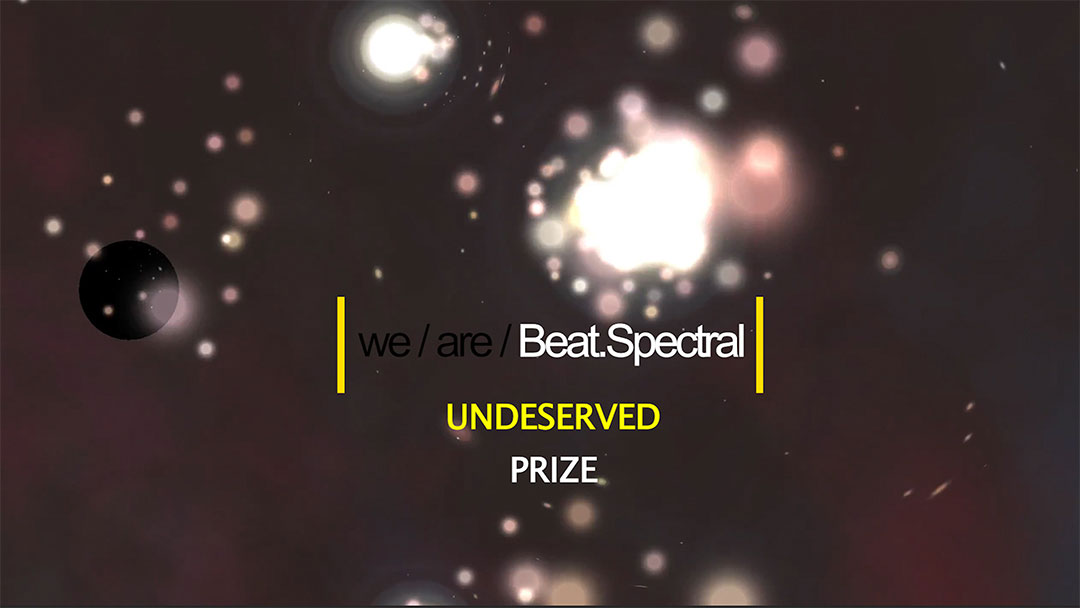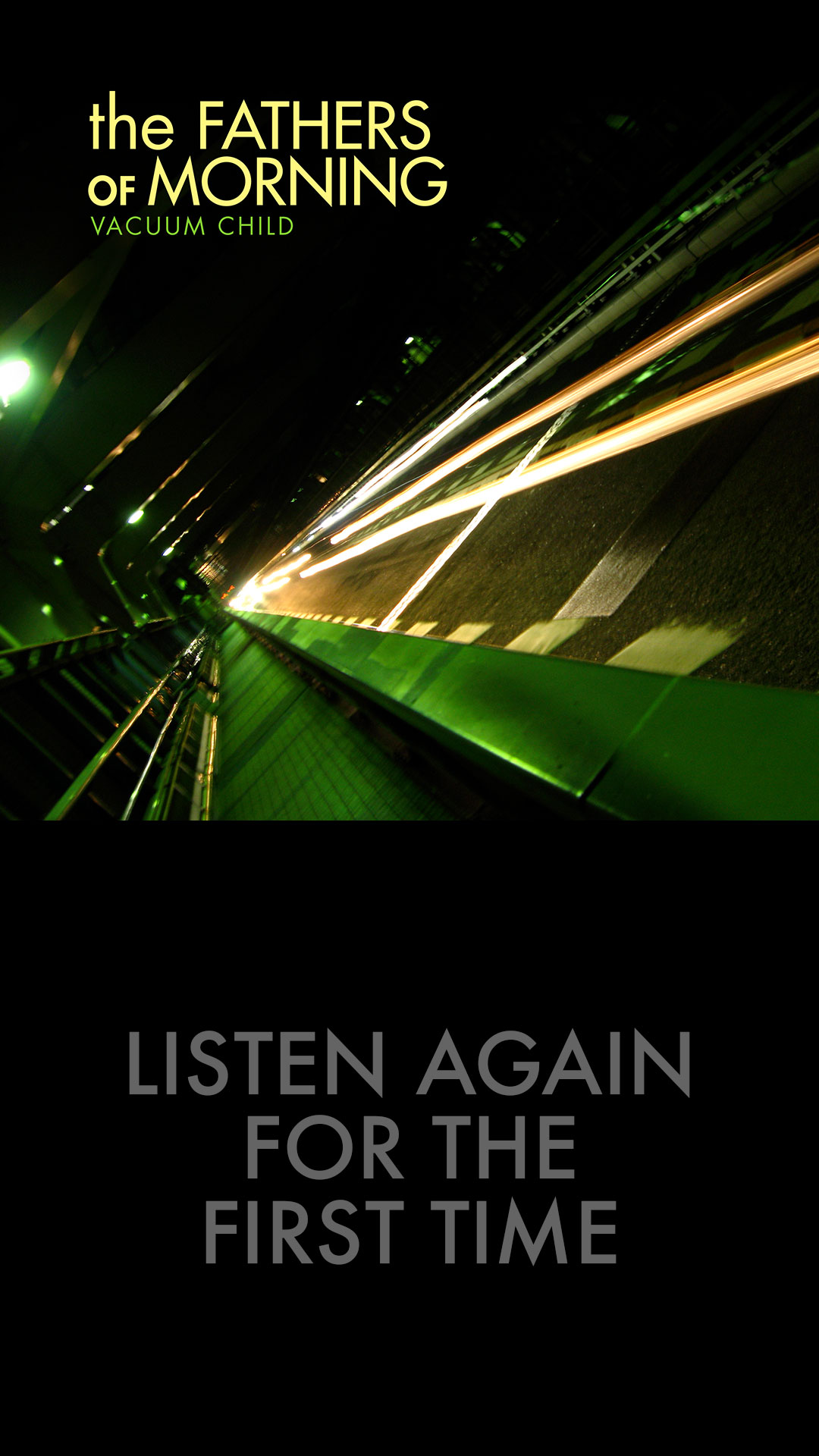
The 25-year career of singer/songwriter John Wesley Harding has skyrocketed of late with the publication of no fewer than three critically acclaimed novels under his birth name, Wesley Stace. Equally amazing, the artist named for Bob Dylan’s misspelling of Texas gunfighter John Wesley Harden has just released the finest album of a career that’s seen him record at least 18 longplayers for labels ranging from high-profile majors to imprints so small the back catalog was stored in somebody’s garage between the cat box and the washing machine. Produced by old pal Scott McCaughey (Young Fresh Fellows) and fleshed out by no less than R.E.M.’s Peter Buck and the Decemberists, The Sound Of His Own Voice (Yep Roc) is a full-bore stunner with Wes (nobody calls him John) weaving his usual lyrical magic through knockout arrangements of extraordinary songs that revive the ghosts of the Kinks, David Lynch soundtrack guru Angelo Badalamenti and wall-of-sound maestro Phil Spector. For yet another career-topping milestone (gasp), JWH will be guest editing magnetmagazine.com all week for (yes it’s true) the second time.
“There’s A Starbucks (Where The Starbucks Used To Be)” (download):
https://magnetmagazine.com/audio/TheresAStarbucksWhereTheStarbucksUsedToBe.mp3
MAGNET: You know I wouldn’t say this unless I meant it: The Sound Of His Own Voice is your best one ever.
Harding: I’m so glad to hear you say that. I think it is, too. Making the new record was an amazingly joyful experience. We made it basically in three days in Portland. There comes a time when the songs just amass. It feels like there’s something there. I have 14 new songs since we recorded this album.
Let me ask you something. Does the fact you’ve done a mammoth amount of fiction writing over the past 10 years sharpen your songwriting skills, too?
Absolutely, it does. Writing’s like anything else. It’s a muscle, and you need to exercise it. Sometimes when you don’t do it a lot, it’s like a tap that’s become all rusted over. You can turn it. Water will come out. But you might have to get a wrench.
A spanner, you mean. You’ve been in the U.S. too long, Wes.
A spanner, right. Once you start writing a lot, then it becomes easy, and you become better at it, like anything else. I will say something. Now that writing novels takes care of my fictional impulses, it has given my songs more scope to become more personal.
The new record, to me, seems autobiographical. Is it mostly about you?
The absolute crossover song for that is “Sing Your Own Song,” the first song on the album. There’s actually a verse in it about my daughter. And for me, that is unheard-of behavior. It was definitely a change. You’ll see even more of this on the next album, well the next two or three albums, which are all ready to go, in my head.
How did you hook up with the guys in the Decemberists?
Colin Meloy and I met a few years ago in Portland. There’s this great radio show called Live Wire. We were both guests on the show, and we got on. We did a duet of “Wild Mountain Thyme.” It’s interesting because he knew the Robyn Hitchcock version, and I knew the Bob Dylan version. We melded the two versions the day we met and played the song together. We became friends. It was a time when he was getting into the folkie, trad, prog kind of music I really like. And that’s when he met Scott McCaughey for the first time. It was all very propitious. And I was a very big fan of the Decemberists’ Hazards Of Love album. I saw them live at one point, and I knew John Moen because of his stint with the Minus Five. You don’t want to fall victim to contemporary production trends, which is the fate of so many singer/songwriters. There are so many of these time-capsule-produced albums in styles they should never have been produced in. Because he’s a great songwriter, we overlook the fact that some of John Hiatt’s records are some of the worst-sounding records ever made. What you have an absolute right to do as a songwriter is to hijack bands you really love. And I’ve done just that my entire career, because I’ve never wanted to have the same kind of players around me all the time. At the beginning, with a couple of additions, it was the Attractions. I’ve used Steve Wynn’s touring band. Then it was the Movie Stars in San Francisco. I even used the North Mississippi All-Stars on one demo project that never came out. Unusually now, in New York, I have a regular band called the English U.K. who play all the Cabinet Of Wonders shows. And I would have been delighted to use them on this album. But I had this bright idea: “Hold on, I can do this in Portland. The Decemberists are already there.” It was almost a case of, very politely, asking a father if he could have his daughter’s hand in marriage. I asked Colin if he minded if I got in touch with them. And he said, “Of course not. They’re all individuals, ask them.” So I did. And, whether or not they knew my music, they knew that Scott was going to be producing it and that Peter wanted to play on everything. It was bound to be a good time. Then I had to sift through what I had to get the 15 best songs. I’m very attached to that Picaresque period of the Decemberists.
How long did it take to cut the record?
I can tell you exactly how it worked. We rehearsed for two afternoons. We recorded the backing tracks in three days at the Type Foundry. Then old friend Steve Berlin came in and did his part. And John Roderick of the Long Winters came down from Seattle and sang his duet with me. Then I left. That was really the end of my contribution. Scott and John Moen, the drummer from the Decemberists and also with the Dharma Bums, did the backing vocals, which we’d mostly arranged already. Then they sent mp3s to my home in Philadelphia, and I’d say yes or no. The only two things we didn’t record in Portland were I recorded Rosanne Cash’s vocals in New York and I recorded Tilda, my daughter, with a very bad cold, who is the voice at the beginning of “Uncle Dad.”
I have a list here of songs I particularly love on the new album. “There’s A Starbucks Where The Starbucks Used To Be.” It’s in the Ray Davies tradition.
Well, how’d you mean?
Well, the “Village Green Preservation Society” aspect of it.
Yeah, we just did a video for that one. I’ll send you a link. It’s just me in front of 27 different Starbucks. People ask me if it’s anti-Starbucks. But that’s beside the point to me. It’s about progress and gentrification.
Sure, that’s what struck the Ray Davies chord with me.
To me, the one that’s really Kinks-y is “Gentleman Caller.” We just had this big problem, where I don’t live anymore, with this stadium they were putting up there. But when you come up with a line like “There’s a Starbucks where the Starbucks used to be … ” There’s a famous line in an Onion article where a Starbucks opened in the bathroom of another Starbucks. It’s not like I’ve had any original thought here. [Laughs]
Do you think Starbucks has been around long enough where they’d actually knock one down and put up another one in its place?
I don’t know. When I thought of the title, it seemed like the show-stopping tune in a musical.
The album makes nice use of the British music-hall vibe.
Well, I love all that stuff, the George Formby element. There’s a banjo on “Sing Your Own Song.” And this was a fantastic band to stretch their legs and play every style. I’m so used to making albums piecemeal. You can make albums so many different ways. Through technology you can do whatever you want. But when you have a really good band playing with you, you don’t have to do it like that. If they don’t fuck up, and they didn’t, it’s all done. You only have to go: Well, let’s put something more there and over there.
Sure, add some sleigh bells right there.
Yeah or cowbells.
OK, another one I really like, because I’m such a sucker for this guy’s stuff, is “The Examiner.” Do you know who Angelo Badalamenti is, the soundtrack guy for David Lynch?
Now that’s an interesting story. That’s the first song ever where I have read a poem and decided to put it to music. The lyrics are not by me. They’re by a poet from Canterbury in England called John Whitworth. The poem won third prize in a competition by the Times literary supplement. And the moment I read it I was just like, “Oh my god.” And the reason for that is that, in my mind, I couldn’t ever come up with any lyrics that would allow me to take myself as seriously as a genius like Leonard Cohen. When he intones lyrics at you, you completely believe them. I can’t take my own writing seriously enough to do that. That’s why I compose songs. But when I read this, I thought, “Oh my god, I would love to sing that like a Leonard Cohen song.” It was using someone else’s brilliant thoughts, and that freed me into making it into that, as you say, Angelo Badalamenti soundscape. I hope no one would listen to that and think, “Oh, he could have never come up with that.”
That one sounds like something you could peddle to Julee Cruise.
I met her in an airport once. We were on the same label, more or less. Her album Falling came out right when my second one came out. She was, I think, on Warner Bros., and I was on Sire.
Since we’ve last done this, you’ve gotten married, settled down as much as you’re capable and raised a family. As they say, did you feel your biological clock ticking?
I was in New York, just broken up with someone I’d moved there with. And I met this very nice girl. Life’s all about timing. Except for the fact that Philadelphia’s always been good to me, who would have thought I’d find myself in this beautiful house, not 15 minutes outside Philadelphia. We have state park on three sides of the house. We can walk down to the Wissahickon River, and you’re in the most lovely place in the world. It’s a very nice place to have landed. And it’s very handy for New York. I can still do my monthly Cabinet Of Wonders shows.
You’ve been here so long, do you feel Americanization creeping into the fiber of your being?
Well, let’s face it, I appeared on the scene with the name “John Wesley Harding,” than which there could be no more Americanized name.
I can hear touches of it, but at the heart, there’s still an Englishman who will never completely disappear.
What sounds the most English to me on the new album is the music. It’s got my little Zombies things I like, my little Kinks things. But then, the last number, “The World In Song,” has Phil Spector written all over it, which Scott did a bang-up job on. When we got to that one, he asked me, “What are you going for on this?” I told him I wanted to go for “the ball of sound,” as we jokingly called it. And he said, “Oh, I get it.”
You’ve had Rosanne Cash play your Cabinet Of Wonders shows. How did you meet her?
Rosanne Cash and I belong to the same drinking establishment in New York. I do a lot of stuff these days. I’m artist in residence at Fairleigh Dickinson University in Madison, N.J. And I put together this series of interviews there, of which, by far, the banner one was Bruce Springsteen and Robert Pinsky, the poet laureate, to talk about being New Jersey poets. It was a pretty great afternoon with me moderating and only available to 350 students. That’s all could get in there and no press. We’ve had the Fiery Furnaces do it, we’ve had John Doe and Exene. I like to keep it very pragmatic, about how art is made and how you keep doing it over the years. The other thing I do is this Cabinet Of Wonders show. Rosanne came to do one of these for me, and it was really a standout event. She was fantastic. She’s quite one of the wittiest women I know, a very funny woman. And she has great taste. She’s become, to me, kind of a go-to person. She’s totally going to deliver.
You did know that Elvis Costello and T-Bone Burnett are doing the same kind of thing? They call it the Speaking Clock Review. I saw them play Neil Young’s Bridge School benefit last year.
No, I didn’t know. But that’s no surprise. Elvis has always used a vaudeville kind of thing. The cover of Spike and stuff. He’s often dressed it up that way over the years. When I was listening to rock music, I went to see him do a “spin the wheel” gig.
Yo La Tengo is still doing it.
Yes, that’s right. I got a call from Colin, who said they were doing this lottery-type thing, putting the names of songs on enormous balls for their gig tonight at Terminal 4, and would I be the emcee? So without any prep or script, I did it, and they sent me as a thank you this bottle of 25-year-old Pappy Van Winkle whiskey, quite the best I’ve ever tasted. So, that’s how we became friends. And when I asked if they’d play on my album, I wasn’t an entire stranger to them.
Here’s a scripted question for you. How would your career have gone if you hadn’t taken your stage name from a Dylan LP, a historical American character whose name was misspelled by Bob Dylan?
That’s a very, very interesting question. I don’t know whether the name negatively impinged on my career. Perhaps it did, perhaps it didn’t. There’s no point, really, in giving it up now. Having said that, in 1988 I was offered a gig with a band, Hothouse Flowers, and I knew I didn’t want it under my real name, especially if it would go wrong and be horrible. So I just said, “Oh, call me John Wesley Harding.” That’s fine because I have an acoustic guitar. By the end of that tour, I had a tiny little record deal with Demon Records as John Wesley Harding. If you told me in 1988 that I would still be making records in 2011, and that Jud Cost of MAGNET considers the new one to be your finest work ever, would you continue making music under the name John Wesley Harding, or would you rather use your real name? Of course, I’d rather have kept my real name.
But you write fiction under your birth name, Wesley Stace?
Right, what that enabled me to do was write novels under my real name and, I think, have them not primarily be considered and belittled as the novel of a musician. I just read a review of a novel by a musician in the New York Times, and it made such play of the fact he was a musician. And would the novel have even been considered if he didn’t have a large fan base? It was such a harsh and unnecessary point to make by Stephen King, who I think should really know better, in my opinion. It was a very ungenerous way to make a point. When my first book came out under my real name, it was nice to know, although John Wesley Harding is hardly a household name, that I wasn’t necessarily trading on that fact. In answering the question, I’m very glad I took the name John Wesley Harding, if only from the perspective, as my dad says, that I was able to fly under my true colors.
Not to borrow too heavily from The Prophet, seeing what you’ve accomplished over the years, I think it has worked out exactly as it was meant to.
For over 20 years, I’ve been a very cost-effective business operation. I can go out on my own, or with one person, or a band if I can afford it. And I will get to perform this fall on the West Coast with the Decemberists under the name of the King Charles Trio. And one of the reasons this has all come to pass is because writing novels has massively relaxed me about writing music. Somebody like me might have stopped doing it long before this. But now I can do exactly what I want to do.
—Jud Cost














One reply on “Q&A With John Wesley Harding”
[…] folk” crooner John Wesley Harding is guest editing magnetmagazine.com this week. Very exciting, Wes has always been one of my favorite musicians. So much so that I […]